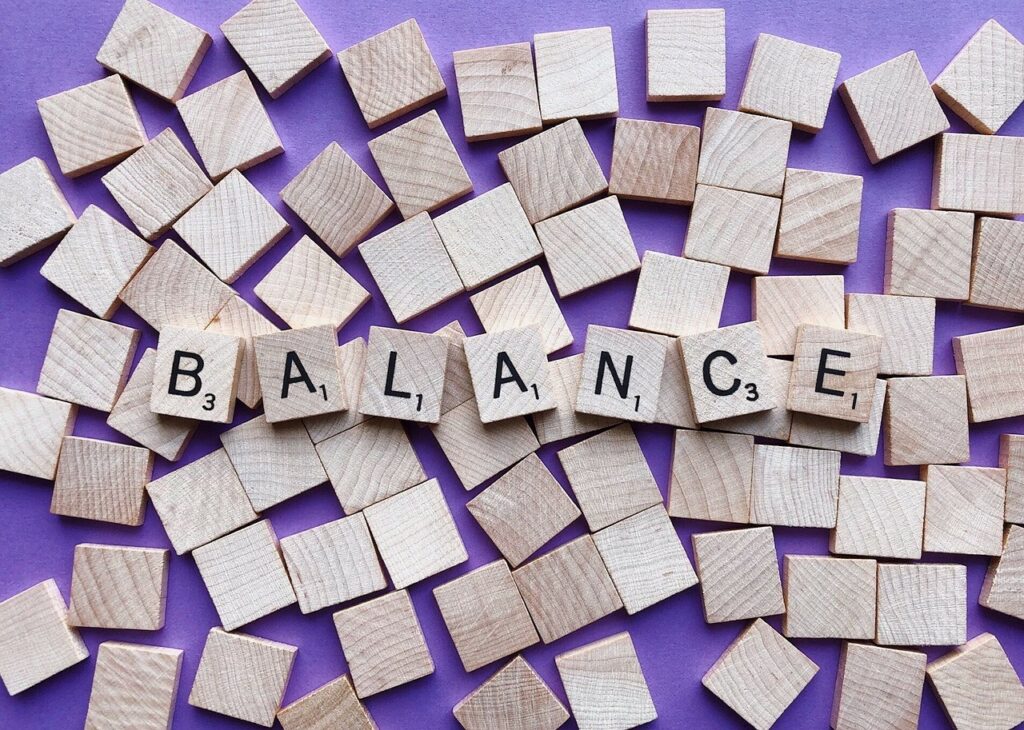
The Problem of Equality and Equity in Modern Society
Many mistakenly perceive “equity” and “equality” as different concepts of the same phenomenon. A seemingly harmless inaccuracy often leads to serious misunderstandings and social problems. It is connected with the incomprehensible principle of the difference between the two terms. We are dealing with different implementation mechanisms regarding equity and equality, which can lead to completely different results.
Before moving directly to the differences, it is worth saying that both terms, in practice, can only be used in a state with a democratic way of life. So, equality means that any person in society or a group can expect to receive the same resources and opportunities to achieve a particular task.
If we are talking about equity, then some nuances take into account the particularities and circumstances of each individual. Based on these nuances, the distribution of opportunities and resources takes place in such a way that all members of society achieve the ultimate goal equally.
The current topic has already been described in multiple reputable resources. However, the article by Martha Minow in the American Journal of Law and Equality is one of the best examples you should check.
Why Equality and Equity are not Synonyms?
The topic of “equality” and “equity” is often raised at various levels. You can find these concepts in politics, economics, law, etc. Even in gambling, the concepts of fairness play a key role. For example, any online casino provides equal opportunities for any category of people to win, receive identical preferences, bonuses, opportunities to participate in loyalty programs, and so on. If you are interested in this subject, this page has more information.
Often these terms you can meet in the description of certain actions, laws, or rules that are aimed at abolishing the unfair treatment of people. At the same time, people often make fundamental mistakes in identifying these concepts.
As a rule, the reason is a misinterpretation and insufficient clear highlighting of the difference. At the same time, as mentioned above, equity and equality are not synonyms since the methods to achieve them may differ significantly.
If we talk about equality, then this concept is easy to imagine. For example, you have two buckets, each containing ten pears. You can take buckets and get the same number of pears in this case. If we are talking about “equity, ” this concept is defined as the quality of fairness or impartiality. Here the situation is more difficult.
The main catch is that people often have no consensus on what is fair. It is often due to personal experience, various expectations, emotional coloring, etc. In other words, for many, this is a subjective concept. As a result, laws, and policies that purport to achieve equity are often challenged in court or cause a lively public debate.
Recently, you can notice the intensification of the use of the concept of equity. It is due to the natural development processes of social justice and the desire for equality for minorities, historically oppressed groups, and so on. According to international law, all types of minorities have the same rights and freedoms as the founding group of society.
However, in practice, there are often situations when these rules do not apply in real life. That is why this issue is fairly acute in modern society and causes an intense discussion.

How are Both Terms Used in Practice?
Even though various analogies from practice can be given, these concepts may look blurry. Therefore, the best way to explain this case is a maximally simple example, which can reflect the whole essence of the problem.
For example, let’s see the gambling industry as an example of equality. As you know, all reputable casinos offer their players equal opportunities to win prizes, take advantage of the common set of bonuses, and so on. For example, you proceed to the playfortunefor.fun free spins add card page and decide to use the same-named reward. As a result, you will receive a set of free spins for registering with a bank card, regardless of the region of your residence, the currency used, or the type of card.
The next example perfectly matches the description of the equality concept. Let’s imagine that we have two people in front of us: one of them is rich, and the second is poor. If you give both the first and the second person $200 each, then we can talk about equality since the sum of both is identical. However, how fair would such a situation be?
If we find out the features and nuances of both people and, having understood them, we will give the first all the same $ 200 and the second person – $ 600? In this case, we can talk about the intention to achieve justice by providing a large amount of help to those who need it most.
If we consider the ideal situation, we could achieve equality and equity. It might work with such a simple example, but in practice, too many nuances get in the way of achieving a balance. Law and society also bring many adjustments that make it difficult to bring both equity and equality simultaneously.
Conclusions
Both concepts highlighted in this review are key to a democratic society. Currently, they still cause active discussions, contradictions, and even conflicts. The events of recent years are a clear example of this.
It is no exaggeration to say that equity and equality can change the course of history. Unfortunately, for various reasons, many do not fully realize their importance or misunderstand both concepts, which causes many problems.
A deeper understanding of the issue can help improve the living conditions of many people and act as a safeguard against social disasters. It explains the importance of the topic and the need to study it in the context of the political structure of the state, the economic model, and so on.